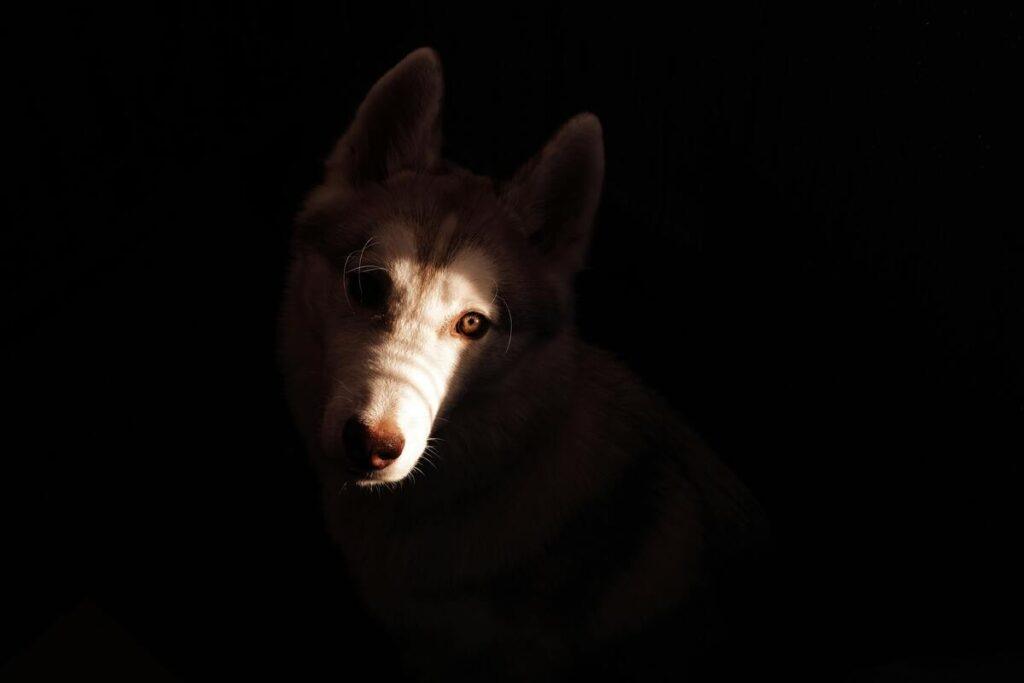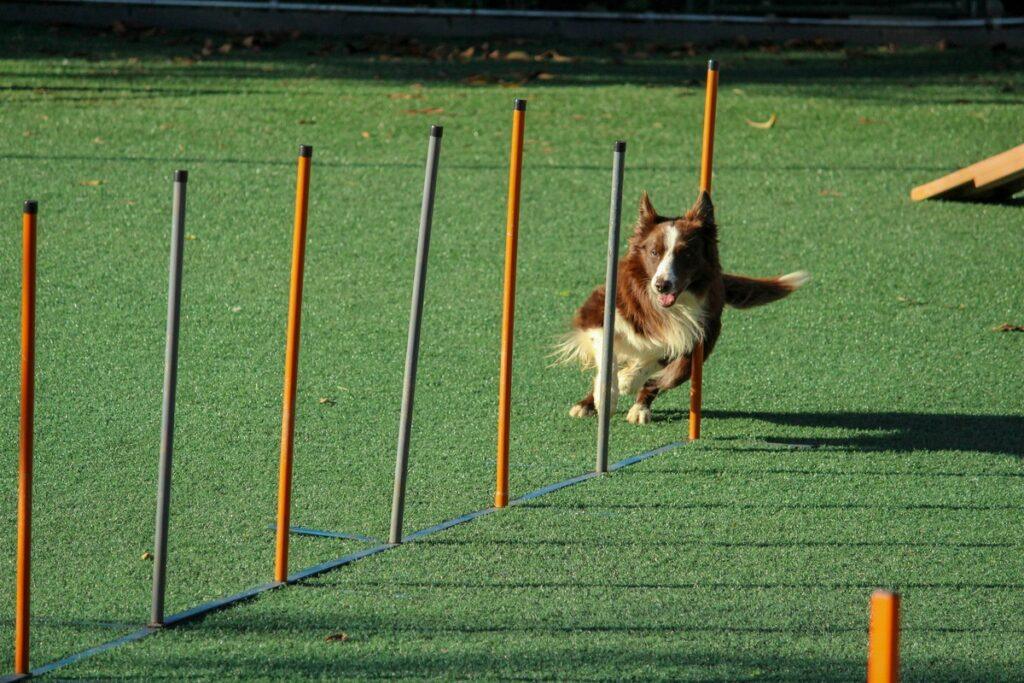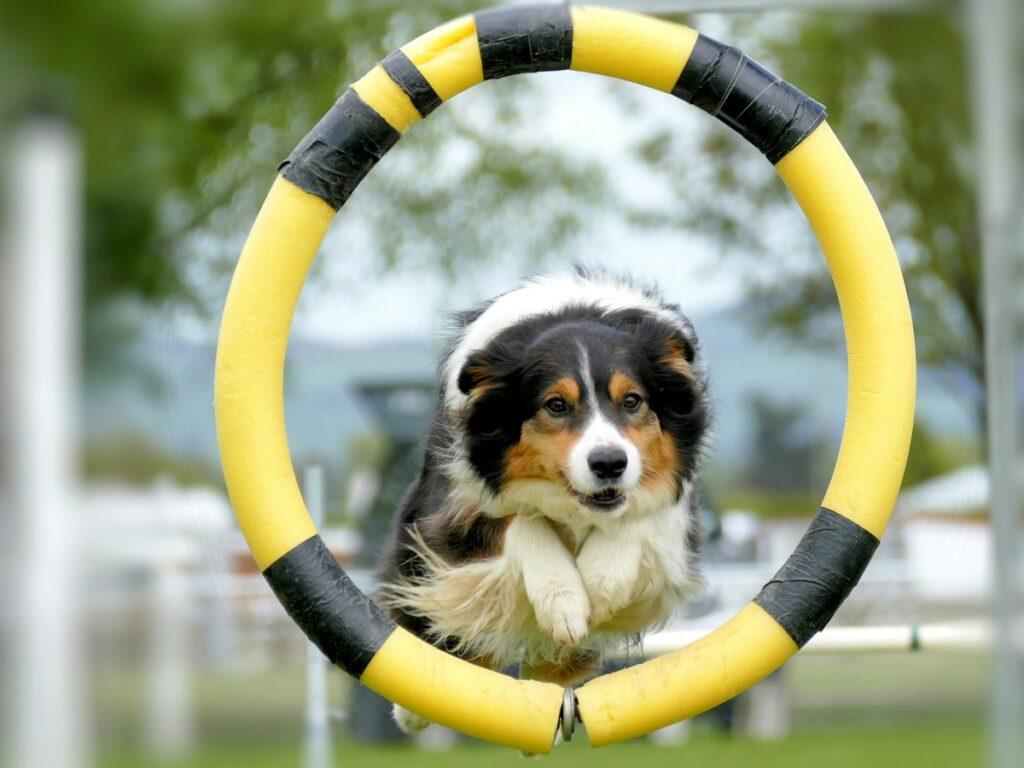How to stop dog whining at night is a question every tired dog owner eventually asks. Whether it’s a new puppy or an anxious rescue, nighttime whining can turn peaceful evenings into sleepless frustration. In this guide, we’ll walk you through expert-backed strategies to bring calm back to your nights.
Table of Contents
- Why Dogs Whine at Night
- Common Causes of Nighttime Whining
- Effective Strategies to Stop Whining
- When to Seek Professional Help
- Mini FAQ
How to Stop Dog Whining at Night with Routine Training
To effectively stop dog whining at night, begin by establishing a consistent bedtime routine. This includes limiting water intake before bed, setting a fixed potty break schedule, and maintaining a quiet, dimly lit sleeping space. Dogs thrive on predictability, and a structured environment helps reduce nighttime stress.
Why Do Dogs Whine at Night?
Nighttime whining is often your dog’s way of communicating discomfort, needs, or emotional distress. Puppies especially may feel separation anxiety when left alone, while older dogs may whine due to physical issues or changes in routine.
For more behavior advice, see PetMD’s detailed article on dog whining behavior.
Common Causes of Nighttime Whining
Separation Anxiety
Many dogs form strong bonds with their owners and struggle with being alone, especially at night. This emotional stress often manifests as whining, barking, or pacing.

Need to Go Potty
Particularly common with puppies, dogs might whine simply because they need to relieve themselves. Establishing a pre-bedtime potty routine can solve this quickly.
Discomfort or Pain
A whining dog might be dealing with joint pain, an upset stomach, or another health issue. Always rule out physical discomfort, especially if whining starts suddenly.
Lack of Exercise
Under-stimulated dogs often release excess energy through vocalizations. Ensure your dog has enough physical and mental activity during the day.
Attention-Seeking Behavior
Some dogs quickly learn that whining gets them attention. If this is the case, you may be unintentionally reinforcing the behavior.
Effective Strategies to Stop Whining
Establish a Consistent Routine
Dogs thrive on structure. Feed, walk, and put them to bed at the same times each day to reduce anxiety and unpredictability.
Use a Crate or Safe Space
A crate can provide comfort and security, especially if introduced gradually. Make it a cozy space, not a punishment zone.
Provide Enough Daytime Stimulation
Engage your dog with play, walks, and brain games. A tired dog is a quiet dog.
Ignore the Behavior (When Appropriate)
If your dog is healthy and whining for attention, avoid reinforcing it by responding. Wait until they are quiet before giving attention.
When to Seek Professional Help
If whining continues despite consistent training and your dog shows signs of pain, aggression, or health issues, consult a veterinarian or a certified dog behaviorist.
Final Thoughts on How to Stop Dog Whining at Night
Understanding why your dog whines at night is the first step toward a peaceful sleep for everyone. Whether it’s due to anxiety, lack of exercise, or crate training issues, most cases can be resolved with consistency and compassion. Don’t ignore the behavior, but don’t reinforce it either. Redirect, reward, and build confidence — and soon the whining will fade away.
Mini FAQ
Why does my dog only whine at night?
Because night is quiet and full of triggers: loneliness, lack of stimulation, or the need to potty.
Should I ignore my dog whining at night?
Only if you’ve ruled out medical issues and needs. Reinforcing silence is more effective than responding to noise.
How long will it take to stop the whining?
Most dogs improve in a few days to weeks with consistent routine, exercise, and structure.
Can I use calming products?
Yes — anxiety wraps, calming beds, or pheromone diffusers can help. Always consult your vet first.
Final Thoughts
Understanding and addressing why your dog is whining at night can lead to better sleep for both of you. Whether it’s emotional reassurance, physical relief, or consistent training, the key is patience and awareness. For more behavior tips, check out our guide on how to stop dog barking at night and our article on natural remedies for dog anxiety.
Still struggling? Read our guide on how to potty train a puppy fast or dive deeper into dog training behavior tips for better results.
✅ Pro tip: Don’t rush the process. Reward silence and calm — not noise. And remember, consistency is your best ally.



